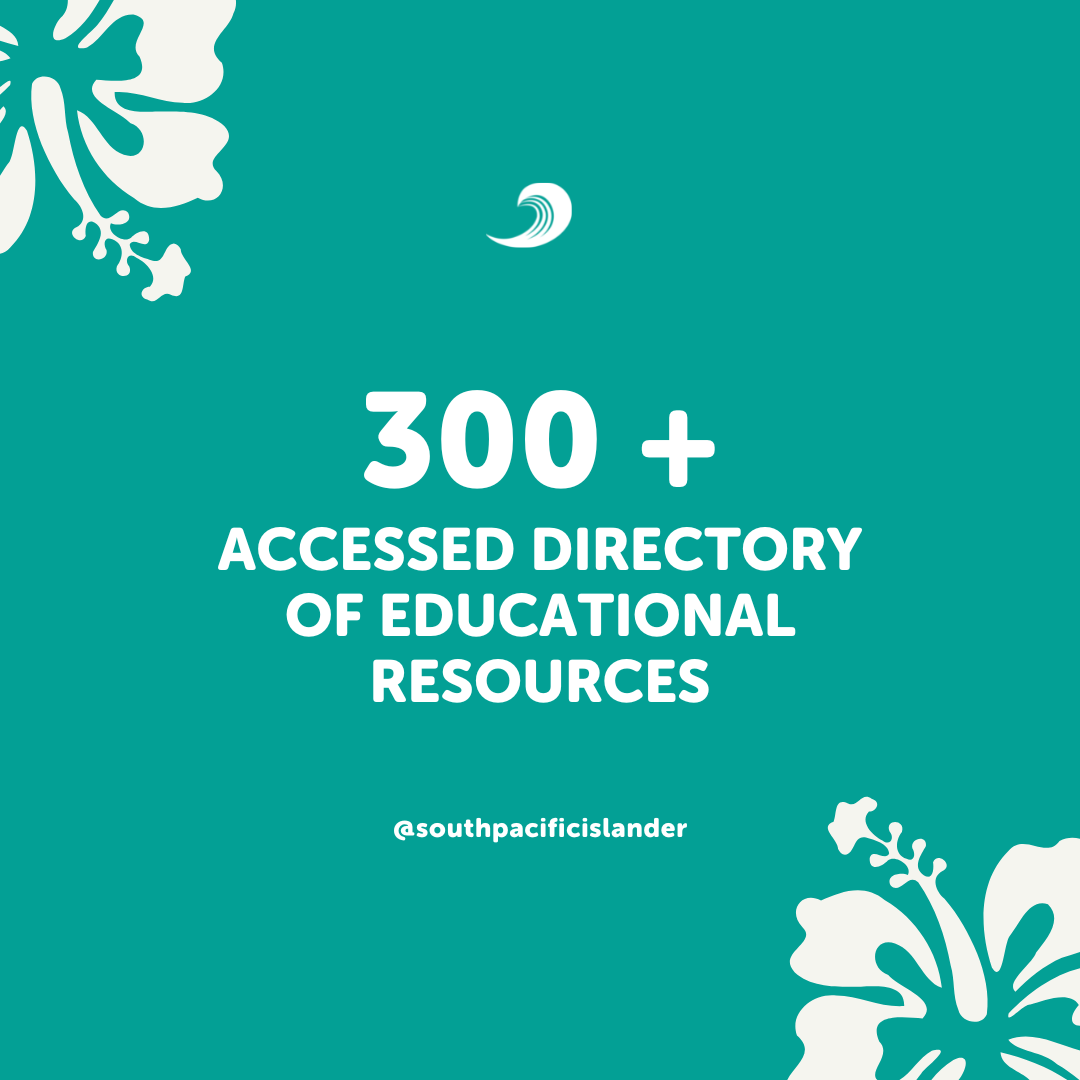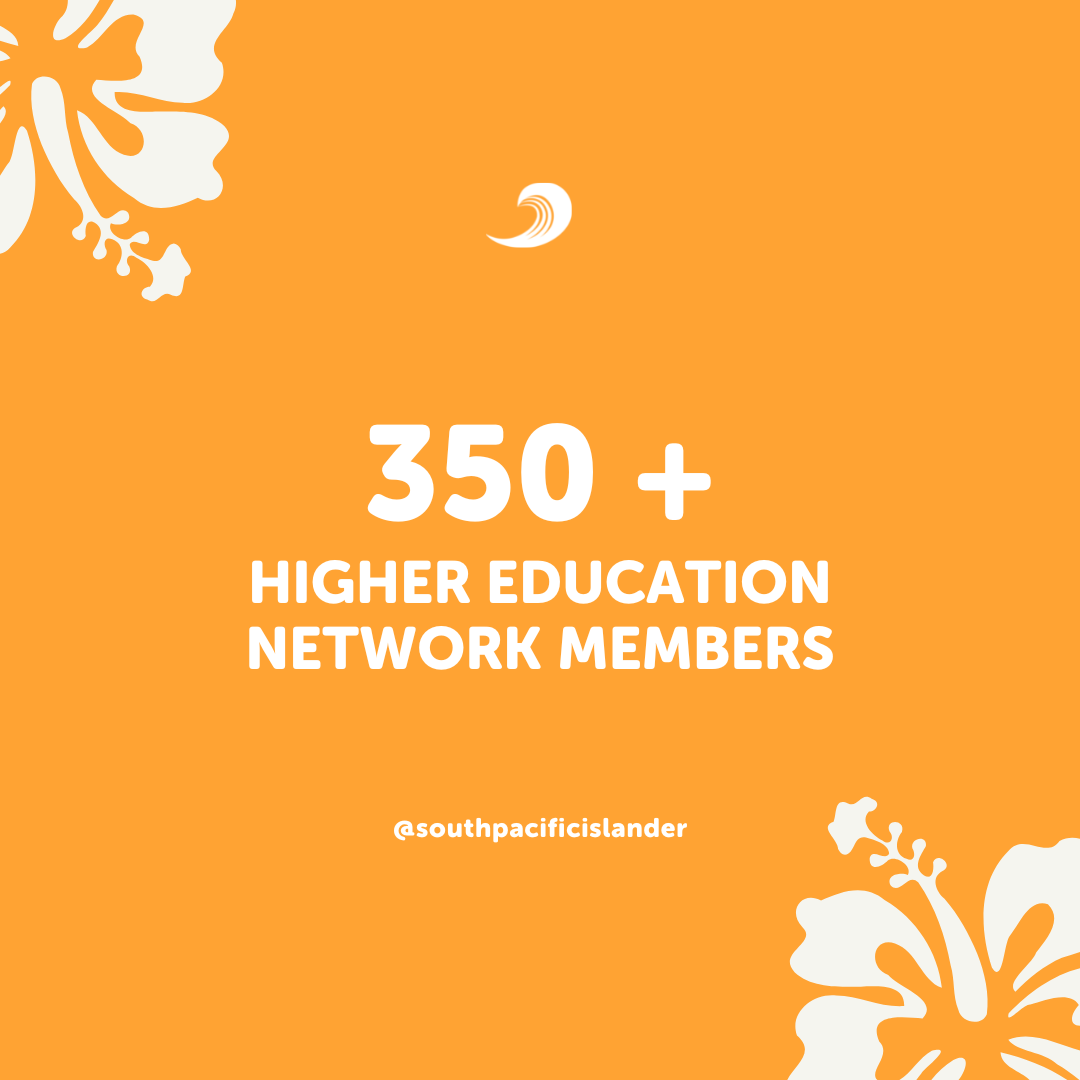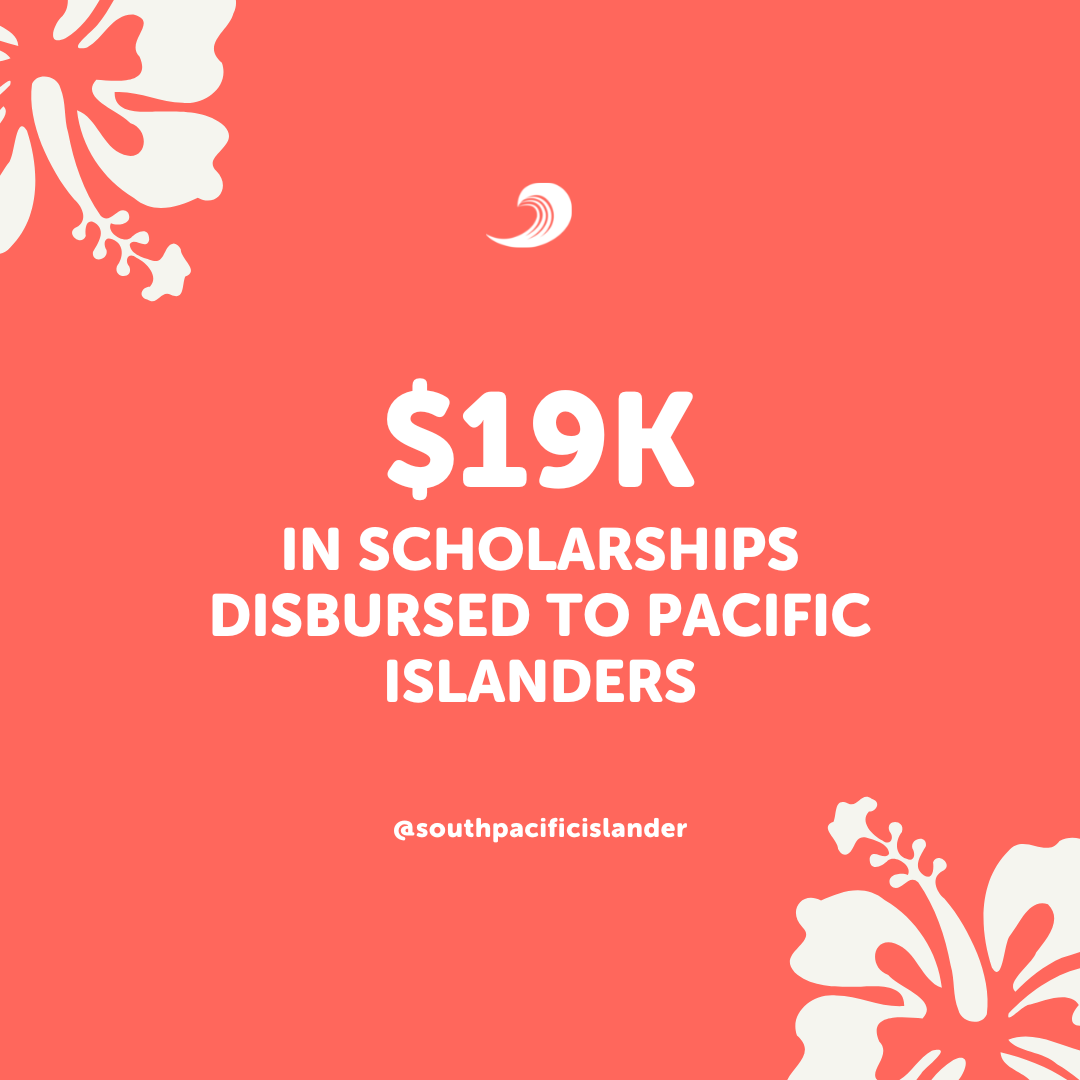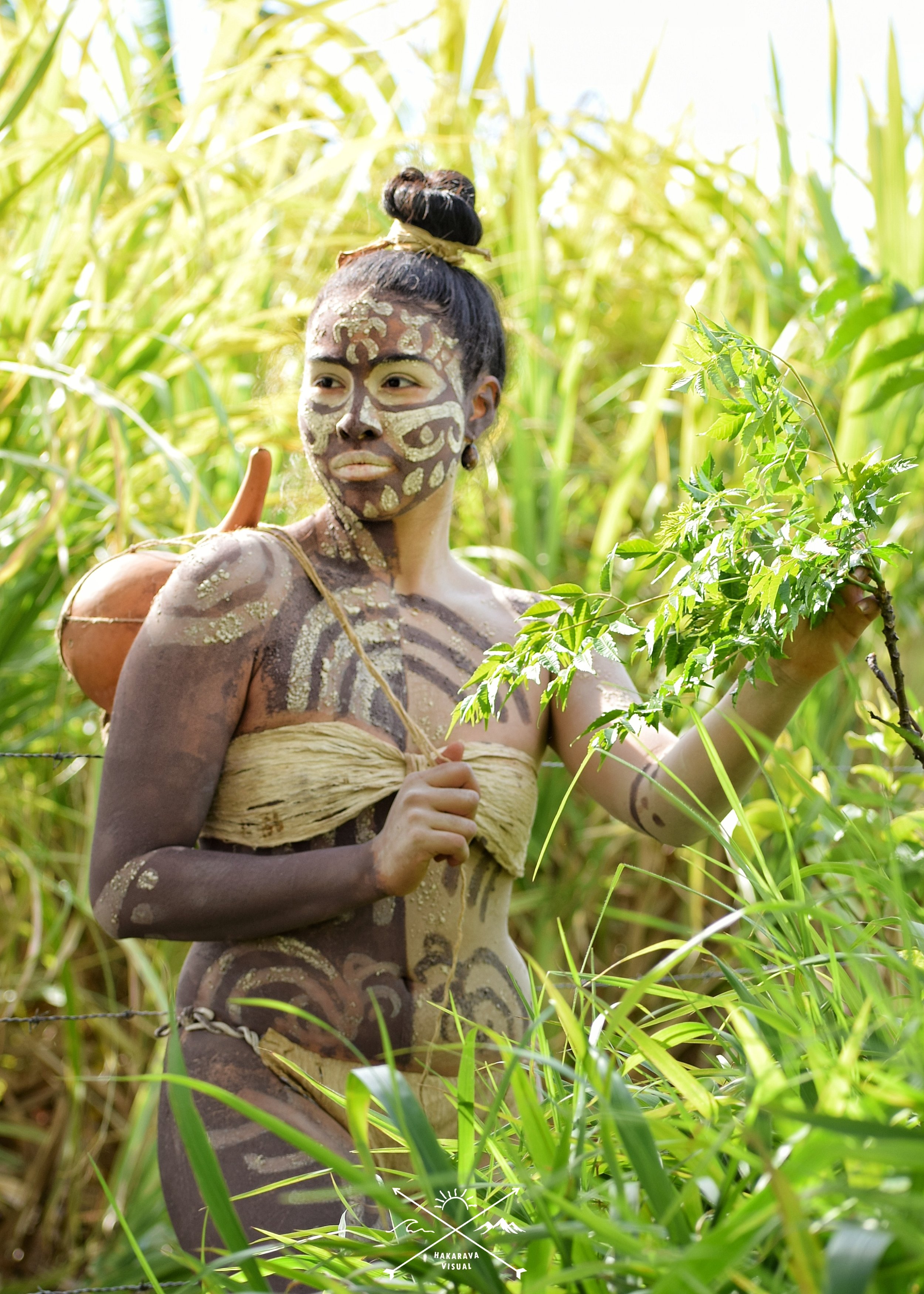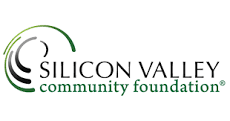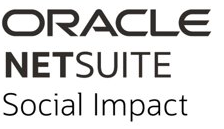
South Pacific Islander Organization
2022 IMPACT REPORT
Who we are.
SOUTH PACIFIC ISLANDER ORGANIZATION IS A 100% VOLUNTEER-LED 501(C)3 NONPROFIT CREATING DIGITAL RESOURCES FOR PACIFIC ISLANDERS TO PURSUE, SUCCESSFULLY NAVIGATE, AND ATTAIN HIGHER EDUCATION.
Our vision.
A thriving, inclusive Pacific Islander community rooted in cultural heritage.
Our mission.
To innovatively support and promote Pacific Islander voices, cultures, and communities through leadership development, storytelling, and community building programs.
2022 Program Impact.
2022 $5,000 Scholarship Recipients.
These scholarships were made possible thanks to our donors and a Nike Community Impact grant.
2022 Academic Scholarship Recipient
Ha'åni Lucia Falo San Nicolas, University of Hawai'i at Mānoa
Pacific Islander representation in higher education is not merely important for visibility, but it lights up a path to inspire and encourage our youth to continue dreaming about their future, whether in the academy, in the community, or beyond.
2022 Extracurricular Scholarship Recipient
Anna Lesā, Utah Valley University
It's important to have Pacific Islander representation in higher education because we have unique and essential perspectives that can be amplified through education.
2022 Community Leadership Scholarship Recipient
Moana Tepano Contesse, Pontificia Universidad Católica de Chile
We have a unique worldview, we have to much to teach to the rest of the world in many ways, from our different cultures and our identities, to the ways in wich we had solved the difficulties that have been presented to us throughout our history.
2022 $4,000 Bay Area Pasifika Storytelling Grant Recipient
This grant was made possible thanks to Silicon Valley Community Foundation.
Leila Tamale, Stanford University
The empowerment of our Pasifika communities is at the core of my academic and career goals, which primarily involve increasing access to higher education, encouraging civic engagement, and fostering meaningful relationships to self and culture through artistic expression. […] Ultimately, I aspire to: demonstrate to Pasifika youth that we belong in all academic institutions, establish pipelines for the most marginalized students to attend college, and serve as someone our communities can depend upon for resources and support.
It is important to have Pacific Islander representation in higher education because it is a direct pathway to empowering our communities. Growing up, I didn’t see a single Pasifika teacher, principal, nor mention of us in the class curriculum - except for one of the middle school custodians. Instead, I was discriminated against by classmates and teachers for my brown skin and Indigenous features, called “savage” and accused of scaring the other children with my size. These experiences, declarations that I did not belong, have stayed with me my entire life. I was fortunate enough to have a supportive family that instilled in me the importance of education and affirmed my ability to succeed, but what would my path have looked like without them? What messages do discriminatory experiences and stark lack of representation like this send to our Pasifika youth? They tell us that there is no place for us in the educational system, unless it's in the shadows performing manual labor. They tell us that we are not deserving, not smart, not capable. Of course, this couldn’t be farther from reality - after all, our ancestors were among the world’s first and greatest navigators, scientists, artists, mathematicians, orators - the list goes on. When I started my college journey at CSM and was surrounded for the first time by Pasifika representation in higher education thanks to the Mana Learning Community and Ethnic Studies community, my worldview exploded and I felt a sense of belonging and empowerment that I had never felt before. The Pasifika scholars who came before me served as testament that I could make my own place and succeed in academia. Learning about Oceania in the classroom through Pacific Islands Studies also opened my eyes to the past, present, and future potential of our people. Increasing Pasifika representation at all levels of higher education is crucial to fighting our invisibilization, fostering Pasifika leaders, and achieving systemic change towards a sustainable and just future.

